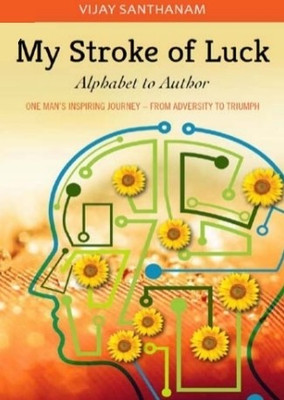Actions speak louder than words, they say. And with good reason. Children, or for that matter, adults, might ignore everything you say. But when they see you act in a particular way, they will remember that. And also imbibe it in their daily life. Thus, the need to always be caught “doing right”. After all, as John Wooden put it so beautifully, “The true test of a man’s character is what he does when no one is watching.”
There are certain things I have learned from the movie Deewaar released in 1975. The movie is quite famous for the inter-sibling rivalry and the eternal discussion over “the end justifying the means”. It might thus seem a little strange for me to say that a movie where the protagonist is a gangster actually taught me “right things”. Allow me to illustrate.
1. Jo 25 saalon main nahi hua, woh aaj hoga (What has not happened in 25 years will happen today).
How often do we dismiss a particular option saying that has never happened before either in our personal or professional lives? How does it matter if it has never happened? It is up to us to make it happen if only we do not let the past dictate terms for the future.
2. Main aaj bhi pheke hue paise nahi uthata (I still do not pick up money that is thrown at me).
Even if you are at the lowest point of your life, you should not let it affect your dignity. Once you lose your dignity, you lose everything. Instead, if you hold onto it, others will respect you for it.
3. Kya tumhe lagata hain tum yeh kaam akele kar sakte ho? Ji nahi, main jaanta hoon main yeh kaam akele kar sakta hoon (Do you feel you can do this alone? No, I know I can do this alone).
Many times, we are faced with the clouds of uncertainty about a particular thing. It does not help that people also question us over it. But, if we will not be confident about it, who will? Knowledge that you can do a certain thing will do wonders for your confidence.
4. Maa prasad samajh kar de rahi hain, tum mithai samajh kar kha lena (Mother is giving it as a prasad, you eat it as a sweet).
Why not think through and offer a middle path when two sides to an argument are taking extreme views? It is upto us to point out the particular aspect that appeals to a particular individual and thus creates a win-win situation for both.
5. Kya tum chahati ho main bhi wahan se bhaag aata? (Do you think I, too, should have fled from there?)
As is obvious, whenever faced with an uncomfortable situation, the easiest option is to flee. The majority would do that. However, if we stick around and do our very best, we are sure to be rewarded.
I am sure Salim-Javed never thought of this when they were scripting Deewaar. But the movie taught me the importance of never dismissing an option just because it has never happened before, never losing my dignity no matter what the circumstances, always having the confidence that I can do a particular thing, finding a middle path and not taking the easier route of fleeing from a tricky situation.
I am sharing what 'I Saw and I Learnt' at BlogAdda.com in association with DoRight.in.

